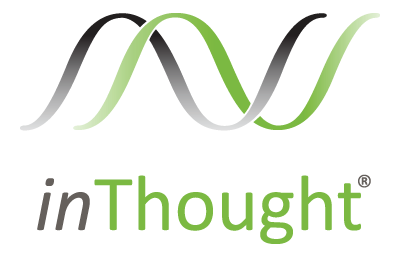August 25, 2020
Impact: Moderate
Highlights
Immunovant reported topline results for its Phase 2a ASCEND-MG trial of IMVT-1401, an SC anti-FcRN, in MG:
- Three arms were included (6 weeks treatment period with weekly dosing): 340 mg IMVT-1401 weekly (N=5), 680 mg IMVT-1401 weekly (N=5), and placebo (N=5). Targeted enrollment rate was 21 patients, but trial was unblinded at 15 patients to accelerate phase 3 program. Patients are currently completing the OLE. Full results will be shared at a future medical meeting.
- IMVT-1401-treated patients (N=10, pooled analysis) showed a mean 3.8-point improvement on the MG-ADL scale vs. a mean decline of +0.6 for placebo (p=0.029).
- MG-ADL responder rates (>2 point improvement) were 60% for IMVT-1401-treated patients vs. 20% for placebo.
- MG-ADL deep responder rates (>6 point improvement) were 40% for IMVT-1401-treated patients vs. 0% for placebo.
- IMVT-1401-treated patients also showed a highly significant improvement on the MGC scale (composite of patient and physician assessments), with an average improvement of 8.0 points vs. a mean decline of +1.4 for placebo (p = 0.006).
- MGC deep responder rates (>10 point improvement) were 40% for IMVT-1401-treated patients vs. 0% for placebo.
- Strong IgG reduction: 59% for 340mg dose and 76% for 680mg dose.
- Good safety profile, with no SAE or AE and no imbalance in headaches. Reduction in albumin were consistent with prior studies.
Immunovant will proceed with a Phase 3 trial in H1 2021.
Three new indications are expected to be announced over the next 12 months.
Q&A Highlights
- On phase 3 trial design: The profile of both doses looks promising, but planning on taking 680mg dose forward. Trial design will first be discussed with FDA before communicating about this.
- On consistency of IgG reductions and how they correlate with clinical improvement: Very high consistency, a little bit tighter in 680mg dose.
- On plans to present data for this study and OLE: It will be presented at a medical conference. The OLE and off-treatment phases are still ongoing.
- On where IMVT-1401 will be used in treatment paradigm: It will be used as a chronic treatment, to normalize the patients’ lives.
- On potential additional response for non-responders: this is only 6 weeks of data, but there is a trend on increasing response overtime. There is a rapid response in some patients, but other patients take a bit longer.
- On the goal of OLE study: Dosing regimen of 340mg Q2W, to understand PK/PD profile. The follow-up off-treatment period is designed to look at clinical efficacy. But more information will be gathered in phase 3.
- On the possibility for chronic dosing: it will be driven by the patient’s needs. Anti-FcRn therapy is not putting patients in remission, so it is a chronic therapy.
- On enrolling MuSK patients in phase 3: Phase 3 trial is not finalized yet, but very likely for MuSK patients to be included in Phase 3 program.
- On the possibility of a company acquisition: Bringing value in immunology is having an asset that brings value to patient’s life. The plan is to develop into a fully commercial biotech company.
- On the three new indications: These indications have been worked on for quite a while, this trial delivered some proof-of-concept.
- On dosing for phase 3 trial: moving forward with 680mg dose, mainly driven by the results that Momenta showed in its Vivacity-MG trial, showing that a stronger IgG reduction leads to a stronger clinical response.
- On how to differentiate from a commercial standpoint: two nice levers to use in discussion with FDA: both doses are functional, and the SC formulation.
inThought Analysis
Although this was a fairly small trial, IMVT-1401 showed very promising results, and is especially interesting since it is administered subcutaneously. Notably, both zilucoplan and efgartigimod also have an SC formulation and are further in clinical development.
IMVT-1401 showed some similarities with efgartigimod, since Immunovant also refers to IMVT-1401 as a “pipeline-in-a-product” with three new indications to be announced, and the MG-ADL responder rates were very similar to those reported in the phase 3 ADAPT trial. Results were also very similar to those reported for Nipocalimab’s phase 2 Vivacity-MG trial. IMVT-1401 could therefore become a strong competitor in the MG space.
By reporting these positive results and indicating plans for the phase 3 trial in H1 2021, Immunovant shared soared 13.5% in pre-market trading.



